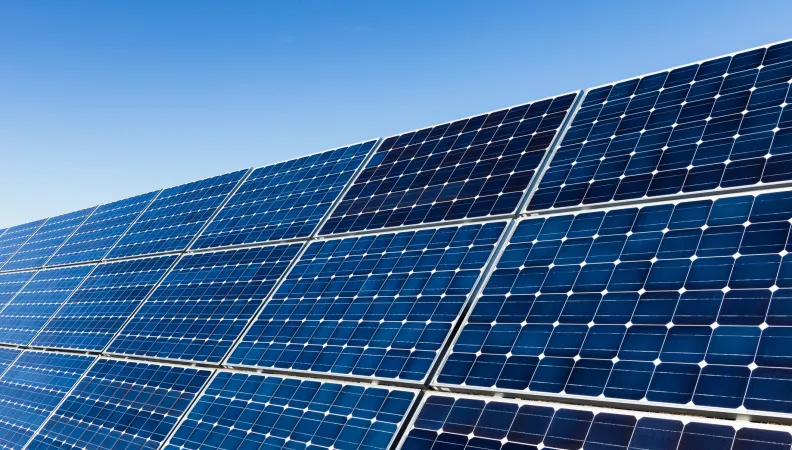Share the page
Proparco and Planet Solar support the development of solar power plants in Sierra Leone
Published on

After its initial investment in Planet Solar in 2023, Proparco has provided an additional €390 000 to Planet Solar, a Sierra Leone-based company to support grid connection for the local community. This partnership with a company committed to expanding Sierra Leone’s energy infrastructure enables Proparco to contribute to the country’s increasing demand for power.
Founded in 2017, Planet Solar, develops and operates grid-connected solar power generation projects. The company has commissioned 3 projects totaling 35 MW located in Makoth and Koidu with another 2 projects totaling 15 MW being constructed in Bo and Port Loko for a total of 50 MW across the four sites.
Proparco’s additional financing has supported the grid connection of the community in Makoth, Northern Province, which hosts two of those projects (25 MW). The community was connected in June 2025 with 7 facilities in the area including schools and public offices receiving grid connected power for the first time.
The funding was made possible through resources provided to Proparco by the French Ministry for Europe and Foreign Affairs. Through this transaction, Proparco is pursuing its commitment to back a private-sector partner contributing to the government’s ambitious public-policy efforts to alleviate energy shortages and improve access to electricity for Sierra Leoneans.
This funding follows an initial transaction in December 2023 in support of the company alongside the Danish fund, Frontier Energy II, the developer, Planet One Energy and the British and Dutch development institutions, BII and FMO.
Sadio Dicko, Proparco’s Regional Director for West Africa said: “Proparco is reaffirming its support to Planet Solar, whose commitment perfectly aligns with our 2023–2027 strategic plan to reduce inequalities. Access to electricity is a critical issue, particularly in Africa, where electrification rates remain too low. Enhancing access to power directly improves daily life for connected communities and contributes to overall economic growth.”
